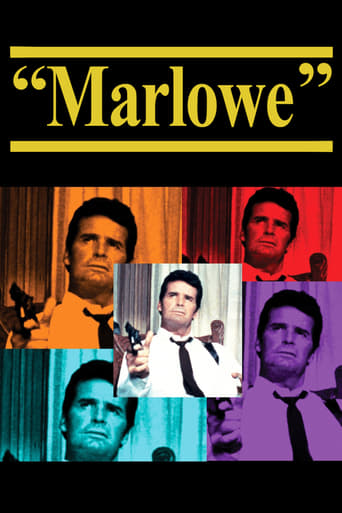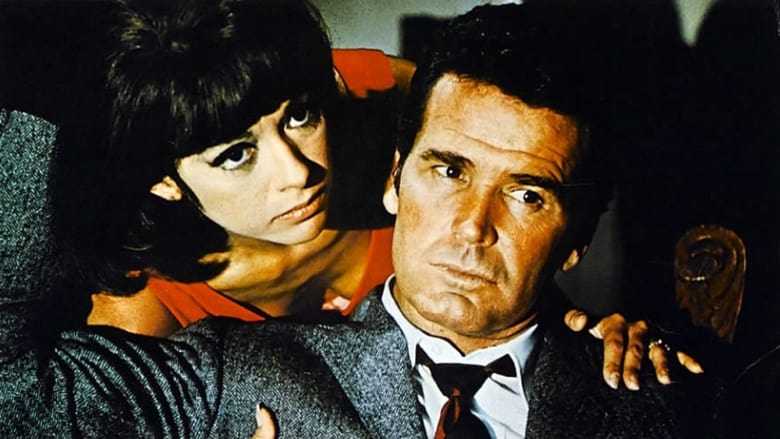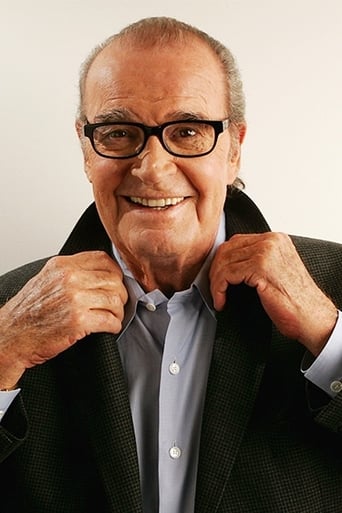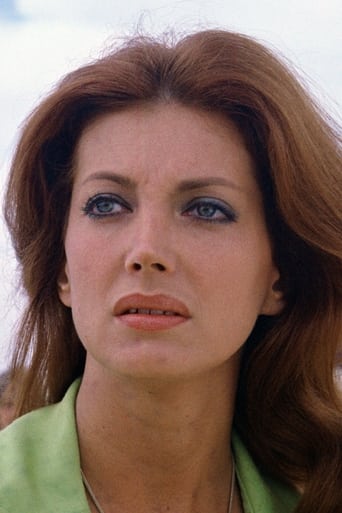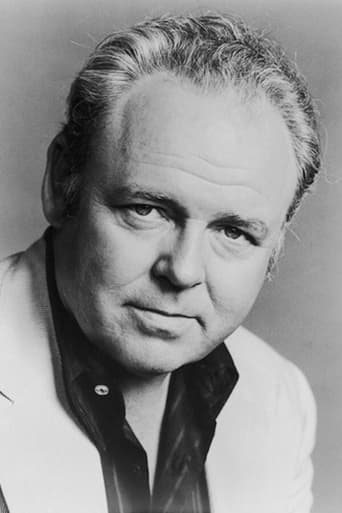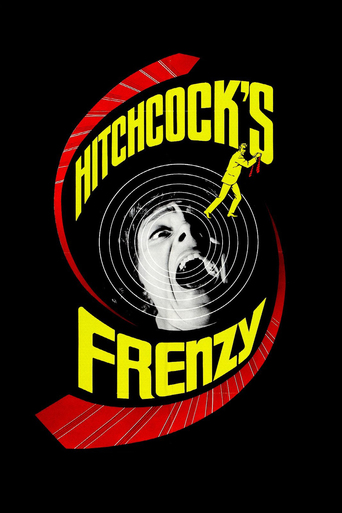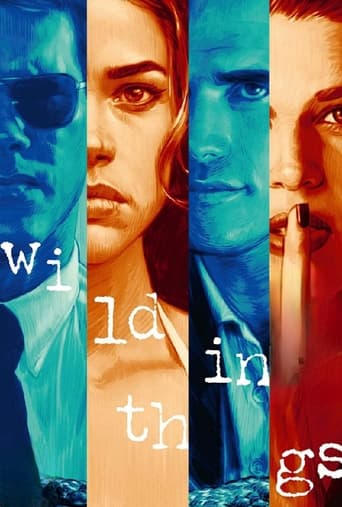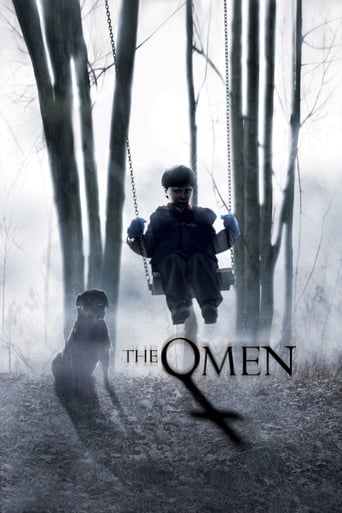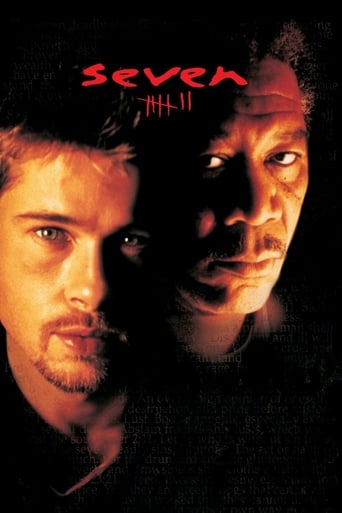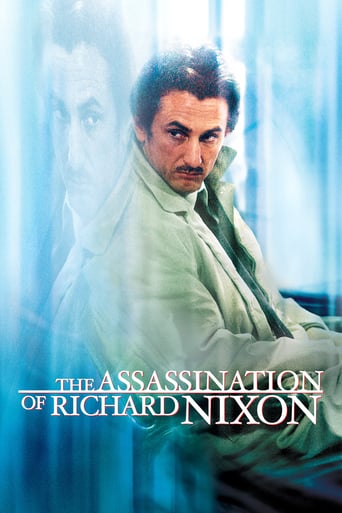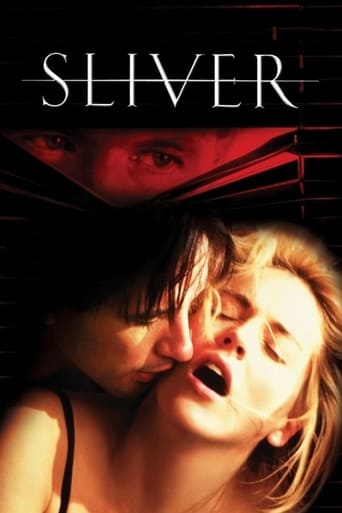Marlowe (1969)
Mysterious Orfamay Quest hires Los Angeles private investigator Philip Marlowe to find her missing brother. Though the job seems simple enough, it leads Marlowe into the underbelly of the city, turning up leads who are murdered with ice picks, exotic dancers, blackmailed television stars and self-preserving gangsters. Soon, Marlowe's life is on the line right along with his case.
Watch Trailer
Free Trial Channels
Cast


Similar titles
Reviews
Let's be realistic.
Fantastic!
A Major Disappointment
Clever, believable, and super fun to watch. It totally has replay value.
Miserable 1969 film based on the Raymond Chandler novel. Total confusing and often quite annoying would best describe this train wreck of a picture.We go from ice pick murders to two sisters reporting their brother missing to all other sorts of mayhem.There is absolutely no cohesion in this film. What was the role of that shady, lunatic doctor?James Garner gets absolutely no support from the dreadful writing.Carroll O'Connor gives an interesting performance as a chief police officer who is quite cynical when it comes to people in general.
Much as I like Robert Altman's 1973 riff on Chandler's The Long Goodbye, I find it strange this James Garner/Paul Bogart take on The Little Sister, made four years earlier, is often overlooked, and that many critics consider Garner miscast as hardboiled Philip Marlowe. There are so many similarities between the two films, it seems impossible to think Altman was not influenced by this earlier effort.As with Chandler's novels, the thread of familial relationships runs strongly in the background of both movies. Marlowe helmer Paul Bogart's daughter Jennifer was married to The Long Goodbye's star Elliot Gould during this period. As if that isn't co-incidence enough, the father and daughter share the same surname as Humphrey Bogart, who is held by many (though not me) to be the ideal Marlowe in the 1946 The Big Sleep.There are further co-incidences of an almost familial nature. Gayle Hunnicut, female star of Marlowe, reappears as a femme fatale in the Powers Boothe Marlowe series of the 1980s, while the apartment Gould uses in The Long Goodbye also makes a guest appearance in the Boothe episodes. Also The Long Goodbye's script writer Leigh Brackett co-wrote the screenplay to the Bogie The Big Sleep almost three decades earlier. The coincidences just keep mounting up...But let's just look at the similarities now between Marlowe and The Long Goodbye.* Both tales are updated from their 1940s settings, but in both Marlowe is obviously a man out of his time. His ethics, dress and moral code are at odds with everyone else around him. In both films, Marlowe could easily be a figure from the '40s instead of the updated setting he finds himself in.* The hippy, drug culture of the 1960s and 1970s is visible it the background of both films. This counterculture only goes to underscore how Marlowe is entirely out of step with the times he finds himself in.* In both films, Marlowe is closer to Chandler's errant knight, going down mean streets while himself being mean, than the two-fisted Humphrey Bogart of Howard Hawks's The Big Sleep.* Both films have enigmatic endings, and leave Marlowe walking away from crime scenes in a way he did not in the novels; it is almost as if the 1940s morals make Marlowe so sick to the stomach he can't be bother with clearing the modern messes he finds himself in any more. * Both films have music scores that consist of different versions of the same tune being played over and over, though sadly the score to the 1969 film never seems to have been released.OK, so some of things elements are implicit in the books. Marlowe's morality was as probably as outdated in 1940s Hollywood as it was in the same town 30 years later, and the ending of Chandler's novel The High Window is at least as enigmatic as the endings of these two films, in the fact that the true guilty parties are never punished. Also, both films are in keeping with their era. A trait they share with another underrated Marlowe film, the 1978 remake of The Big Sleep with Robert Mitchum (which for my money is better than the Bogart/Hawks version any day for being much closer to the book, despite being directed by perennial journeyman Michael Winner) is that of being updated to the-then present day. However, Winner goes a step further than Bogart or Altman by moving the action to Britain -- a glossy, glamorous London, unrecognisable as such to those who lived there at the time, to be sure, and as much a fantasy as Bay City in Chandler country -- but this change in locale underscores the universality of the world Chandler had created.The crimes in all these stories would not be out of place today and had their equivalent in the times of that other great Marlowe, Christopher, and his contemporary, Shakespeare. The small, mucky, grubby crimes of the Quests, the Wades/Lennoxes and the Sternwoods, as well as the perpetually corrupt police and double-dealing officials, small-time reporters and shiftless grifters, are as true of the real underworld today as they were when Chandler wrote his stories, or even a thousand years before that.In Marlowe, it is human nature that is on display, and the themes of the story -- family breakdown, blackmail, murder and someone with the courage to stand up against such human excrescence -- would work as well in the internet age as the did in 1969. Perhaps even better.It's true this film has faded more than The Long Goodbye. Its obvious back projection and TV-style photography sometimes let it down and the fashions look more dated than in the other Marlowe films of the same era, despite being only a little older than them. (Indeed, it plays as trail-run for Garner's later TV success, The Rockford Files.) But for all that, it is as entertaining and as thought-provoking as Altman's film, and Garner's performance carries the whole thing effortlessly along. It is an unjustly ignored treasure rather than a guilty pleasure.
In order to appeal to audiences in the late 1960s, a number of new and familiar elements were mixed together to create this updated version of Raymond Chandler's 1949 novel "The Little Sister". Predictably, there's a complicated plot that involves a missing person, blackmail and a number of murders, there's a bunch of characters that are generally corrupt and untrustworthy and there's plenty of sharp, witty and clever dialogue. Instead of the usual grittiness however, there's glossiness and bright colours replace the black and white look of earlier Marlowe movies. The creative cinematography of the past is replaced by a style that's much more contemporary but also by comparison, rather bland.In time-honoured style, Chandler's legendary detective is just as broke as ever and is rendered unconscious on more than one occasion as well as being hired by a number of different clients (as he was in "Murder, My Sweet"). This time around though, he's noticeably less cynical and hardboiled and much more affable and easy-going.Orfarmay Quest (Sharon Farrell) is the rather staid-looking young blonde from Kansas who hires Philip Marlowe (James Garner) to find her missing brother, Orinn. Marlowe's investigation leads him to a rundown hotel where the manager (who's more interested in sleeping than doing any work) gives him a key for Orinn's room. To his surprise, Marlowe discovers that Orinn is no longer there and the room is now occupied by a guy called Grant Hicks (Jackie Coogan). A second surprise awaits Marlowe, however, because as he leaves the hotel, he discovers that the manager's been stabbed to death with an ice-pick.Shortly after, Hicks calls Marlowe and wants to hire him. When Marlowe turns up at Hicks' new hotel, he gets knocked over the head by a mystery woman who promptly disappears leaving him in the room with Hicks who's been killed by someone who stabbed him with a similar ice-pick to the one which was used on the previous victim. Inside Hicks' toupee, Marlowe finds a ticket for some photos which he then collects from the shop where they'd been developed and discovers that they're compromising shots of a popular TV star called Mavis Wald (Gayle Hunnicutt) and a notorious gangster called Sonny Steelgrave (H.M. Wynant). Orinn and Hicks had clearly been involved in a scheme to blackmail Mavis Wald.Through his further investigations, Marlowe meets Mavis' best friend Dolores Gonzalez (Rita Moreno) and her ex-husband Dr Lagardie (Paul Stevens) and gradually becomes aware of the intricacies of the relationships between them and the various other characters in the case and this soon proves to be the key to solving the mystery surrounding who was responsible for the various murders."Marlowe" has a very light-hearted atmosphere and the comedy potential of many incidents is exploited to the full. A great example of this is the scene in which Bruce Lee as one of Steelgrave's henchmen, tries to bribe Marlowe and then trashes his office in spectacular style. The quality of the acting is very good throughout and James Garner brings a great deal of charm to his portrayal of Chandler's famous private investigator.
Much is said concerning the merits of re-imagining the Philip Marlowe character in the swinging sixties, bringing to it a pop culture emphasis that seems eons away from Humphrey Bogart's turn, but there's three good reasons to consider this Marlowe adaptation.First-rate cast stars the always affable James Garner in the title character. He's a modest Marlowe, not arrogant, assuming nor especially gifted at his trade, he toils and the rewards follow (albeit with some distress involved). Lovely Gayle Hunnicutt plays the femme fatale along with little sister Sharon Farrell, while Rita Moreno trumps them both with a critical role as a stripper of more than passing resemblance to Hunnicutt.Then there's the surprise packet, namely, Bruce Lee with just a couple of scenes, one of which involving him demolishing Garner's office like it was made of balsa wood. A perfectly timed scissor kick shatters the overhead light shade (a good foot above his own head), before he dons his sunglasses, turns on his heel and casually walks out the door he's just kicked in half. It's a stern warning to Garner to lay off, but equally hilarious in its approach of which both Lee and Garner seem aware. If you take nothing from the film, you'll always remember that scene.And finally, if you're familiar with them, the theme tune "Little Sister" is a catchy jazz-pop song by Orpheus, the band who had four albums of jazz-psychedelic pop in the mould of what would later become the signature of Lighthouse, Chicago and others of the ilk. Great adaptation, a real time capsule of the era and well worth a look.

